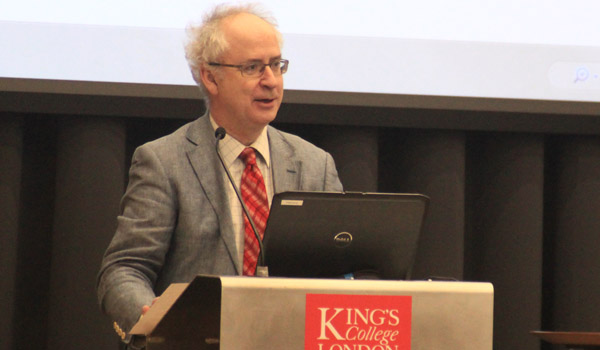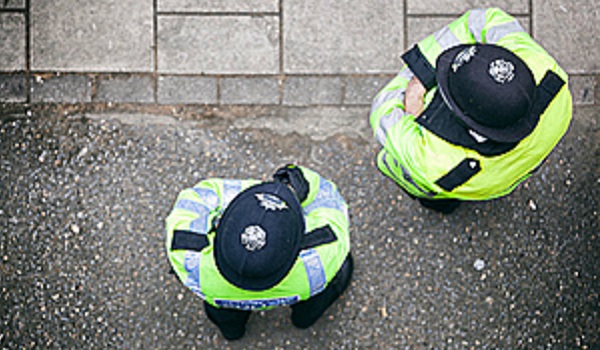Mental Health Act ‘needs to change’, claims government review
People being detained under mental health laws are being treated with a lack of dignity and respect, according to new research.
Last year the Government commissioned a review of the Mental Health Act (MHA) to identify areas for improvement.
An interim report, published on Tuesday (May 1), found just a third of the 2,000 people surveyed felt they were treated with dignity while being while detained under the MHA while two thirds do not.
Black people reported particularly poor experiences as they are detained more than any other group, and services do not always take proper account of their cultural circumstances.
Review lead Professor Simon Wessely also found the relationship between the MHA and the criminal justice system could be improved, with respondents claiming they are “left too long” in prisons instead of hospitals.
The report says: “It is clear that the MHA needs to change. The need to tackle this lack of dignity and respect drives many of the specific reform areas that we are considering.
“We are clear that improvements cannot be achieved by legislation alone. Whilst legislative change is critical, any changes to the MHA must be underpinned by improvements to mental health services.”
Almost 64,000 people were detained under the MHA in England in 2016, a nine per cent rise on the previous year.
Estimates suggest a third of police time is now spent dealing with cases involving mental health issues.
The MHA was introduced in 1983 and covers the assessment, treatments and rights of people with mental health conditions.
Professor Wessely’s review found too often people detained under the Act are subject to distressing experiences such as physical violence.
Many people surveyed for the report agreed that being detained had been the right course of action when they were experiencing a mental health crisis.
However, almost equal number disagreed and raised issues about how they were treated under the MHA.
People with conditions such as autism were also concerned that they were sometimes detained due to the lack of appropriate community support or care facilities in hospitals.
The review will publish its full list of formal recommendations this autumn.
Matthew Scott, mental health lead for the Association of Police and Crime Commissioners, said: “Professor Sir Simon Wessely has rightly identified that those with the most severe forms of mental illness have the greatest needs and yet are most likely to be subject to the influence and powers of the Mental Health Act.
“The 1983 Act is simply out-of-step with what we now recognise as best practice and I look forward to continuing to help shape the recommendations which will hopefully make the Act work better for policing, the health services and – most importantly – vulnerable people.”
Professor Wendy Burn, president of the Royal College of Psychiatrists, said: “Changing legislation alone isn’t enough to improve the lives of people with mental illness, and the report rightly recognises this.
“Improving mental health services depends on the right number of well-trained staff and the right resources to meet the needs of patients, their families and carers.”







